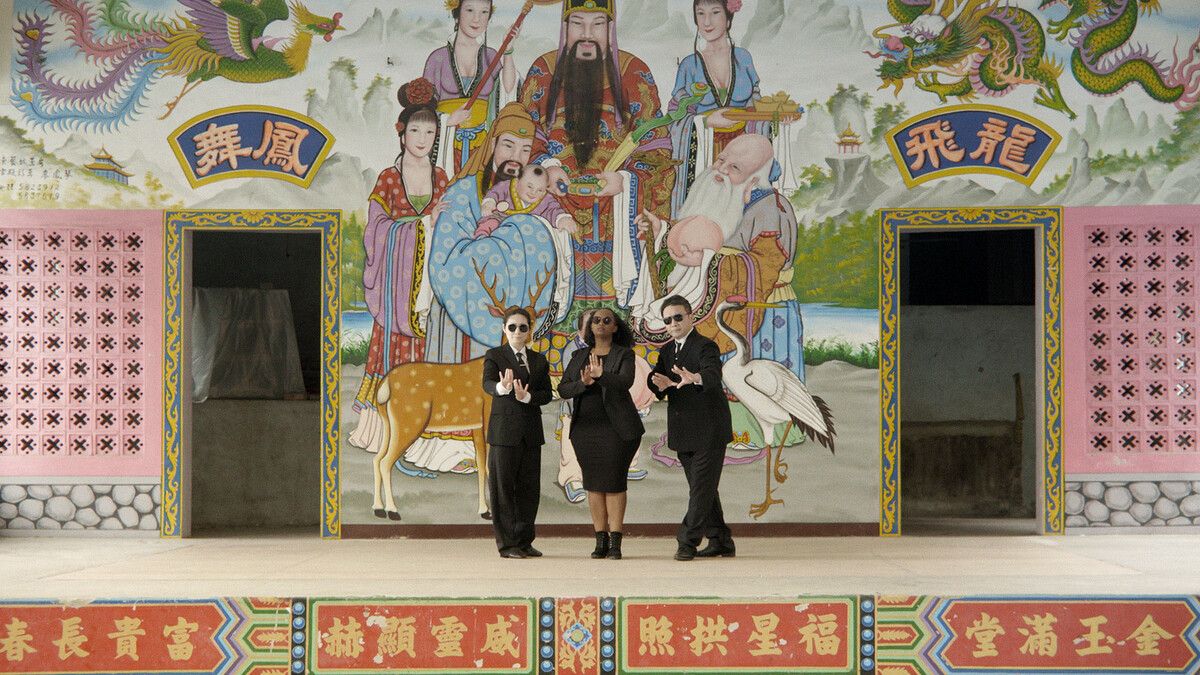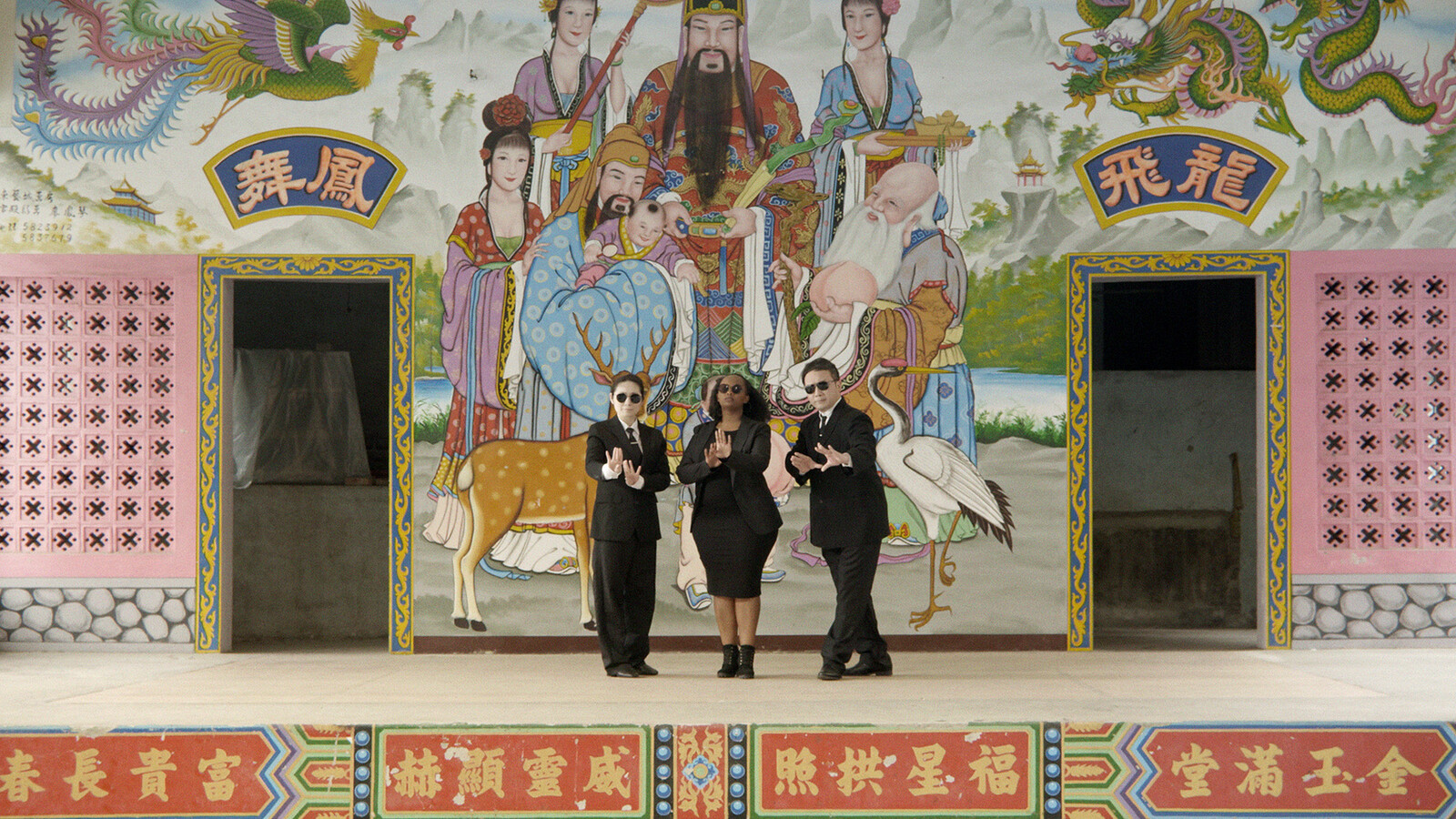Ghost in the Sea
Hong Foundation, Seventh Tung Chung Prize
March 30–May 12, 2024
No. 177, Section 1, Jianguo South Road, Da'an District
Taipei 106084
Taiwan
Ghost in the Sea, a solo exhibition with seven new works by artist Musquiqui Chihying, commissioned by the Hong Foundation, will be presented at Taiwan Contemporary Culture Lab (C-LAB), from March 30 to May 12, 2024.
Ghost in the Sea, is the result of Musquiqui Chihying winning the Hong Foundation—Seventh Tung Chung Prize. The Tung Chung Prize is a 1 million NTD annual award to support creators and artists at the early concept stage of creative work.
Musquiqui Chihying often employs media such as sound, music, and moving images to construct a narrative vocabulary, offering alternative perspectives on the interconnectedness of human condition and ecological environments. Many of his works have explored the special historical circumstances of ethnic and technological exchange between the African, Asian, and Afrasian Sea.
To this end, Chihying invites the audience to make a metaphoric landfall in Mauritius, an island in East Africa. Historically, Mauritius served as a hub and experimental site for the distribution of labor and resources for 19th-century European maritime empires. As mechanisms of the slave trade fell into decline, Asian “coolies” supplanted labor shortages, and sustained the vast chains of empire that spanned seas and oceans. The oceanic routes, carved by colossal ships, exemplified the might of emerging technologies, while submarine cables, which currently carry ninety percent of global data traffic, are landing in coastal cities along the Afrasian Sea to provide faster and more stable messaging solutions. Spearheaded by major tech corporations, these networks integrate disparate landmasses into a cohesive global network for the distribution of resources under the guises of “smart technology” and “safe” urban design.
Implied in the exhibition title, Ghost in the Sea, is the artist’s allusion to a dual interpretation of “ghost” that haunt the seas of Asia and Africa: firstly, the overlooked role of ethnic Chinese in the mechanisms of globalization; and secondly, the intangible data transmitted through the ersatz neural network of submarine cables. From labor exportation to technological dissemination, the ancient Maritime Silk Road, Asian coolies, modern submarine cables, and the concept of smart cities combine to construct the world in this narrative. However, grey areas are pervasive in this world: the ideological entanglements of free trade, the insidious narratives of fear grounded in racism, and unresolved security concerns inherent in comprehensive surveillance technologies.
The exhibition’s focal work, The Link, is a mystical hexagonal mandala video installation. The video was shot at the Nam Shun Society Building in Chinatown in Port Louis, Mauritius. Constructed in the mid-19th century by Hakka Indentured laborers and traders, this association hall blended commercial, administrative, and residential functions. Association halls like this one provided support for immigrants and facilitated exchange of information and material resources. This work is a collaborative effort with young dancers currently residing in the building, who meet weekly in the building’s rooftop public space to practice street and traditional dance forms. Through their interactions, the dancers have developed a localized sense of identity. Chihying blends character imagery inspired by Sci-Fi films and animations elements of Hakka opera, set against a backdrop of various architectural spaces. This performance amalgamating different dance styles explores the impact of the history of coolie labor and reflects on issues of identity among immigrant descendants.
Delving into the resonant depths of this exhibition, we find ourselves adrift in the deep seas of temporality, navigating the intricate interplay between technological progression and labour control mechanisms.
Major sponsor: Hong Chien, Ching-Hui
Organizer / commissioned by: Hong Foundation
Co-organizer: Taiwan Contemporary Culture Lab (C-LAB)
Supporting partner: Panasonic
Sponsor: Berlin Senate Department for Culture and Social Cohesion







